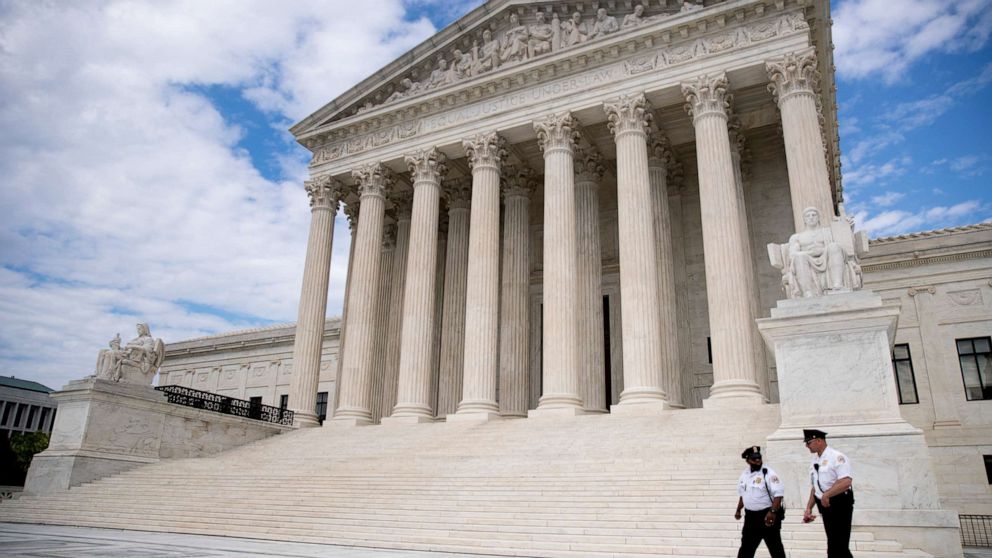Healthcare Industry Update 2016
“Right to Try” and “Volunteer Care” are bipartisan, common sense pieces of legislation drawn from experiences in other states that are aimed at lending a hand to the most vulnerable among us, when they need it most. Below is a brief update explaining how these new laws work.
Right to Try
In June, Governor Haley signed The Experimental Health Care Treatment Law (H.4542), commonly known as Right to Try. With its passage, South Carolina joins 30 other states in giving terminally ill patients the “right to try” drugs that have passed Phase 1 of FDA approval but are not yet available on the market.
How Right to Try Works
Stated simply, Right to Try is a state effort to work with the Food and Drug Administration to provide another outlet of treatment for terminally ill patients. The law stipulates:
- Patients are allowed to try experimental drugs that have passed Phase 1 of testing by the FDA if they have exhausted all other treatment options, have been recommended the drug by a physician involved with their care and have given written and informed consent for the use of the drug
- Manufacturers of investigational drugs are allowed, but not required to make available an investigational drug to a patient.
- No official associated with the State of South Carolina is allowed to “block or attempt to block” the accessibility or use of an investigational drug dispensed under the protection of the Right to Try statute.
- Patients assume liability for any harm that may come to them from the use of an investigational drug, so long as both the manufacturer and those involved with the care of the patient have followed the Right to Try statute.
Who is eligible for Right to Try?
- Patients must be diagnosed with a terminal illness
- Patients must have “considered and exhausted” all other methods of treatment.
- Patients must be recommended the drug by a physician involved in their care
- Patients must give “informed consent” to the use of the drug.
Read the new law HERE
Volunteer Care
In June, Governor Haley signed Volunteer Care (H. 4999) – new legislation that expands healthcare access to those who cannot afford care or insurance – into law.
This law removes obstacles for medical providers who wish to volunteer their services and provides new outlets for private charity to expand access to quality care for those who need it most.
How Volunteer Care Works
There is no question that one of the determinants of how willing doctors and dentists can be to offer care is the threat of getting sued. With limited time and malpractice concerns, charitable care clinics have often been underserved, even by doctors who are willing to volunteer their time at no cost. Volunteer Care addresses these issues. Here is how it works:
- If doctors inform their patients before seeing them that their visit will be free of charge, all liability is transferred to the state unless the lawsuit stems from “gross negligence or willful misconduct.”
- An agreement between the patient and physician must be made in writing or via an electronic medical record system.
- A licensed health care provider will receive one hour of continuing medical education credit per one hour of rendered volunteer care up to 25% of the total amount of required CME credit for each licensure period.
Volunteer Care Projections for SC
- Free Healthcare visits: 75,624
- Projected value of Care: $42,920,764
- Thousands with better access to quality healthcae
Read the new law HERE





